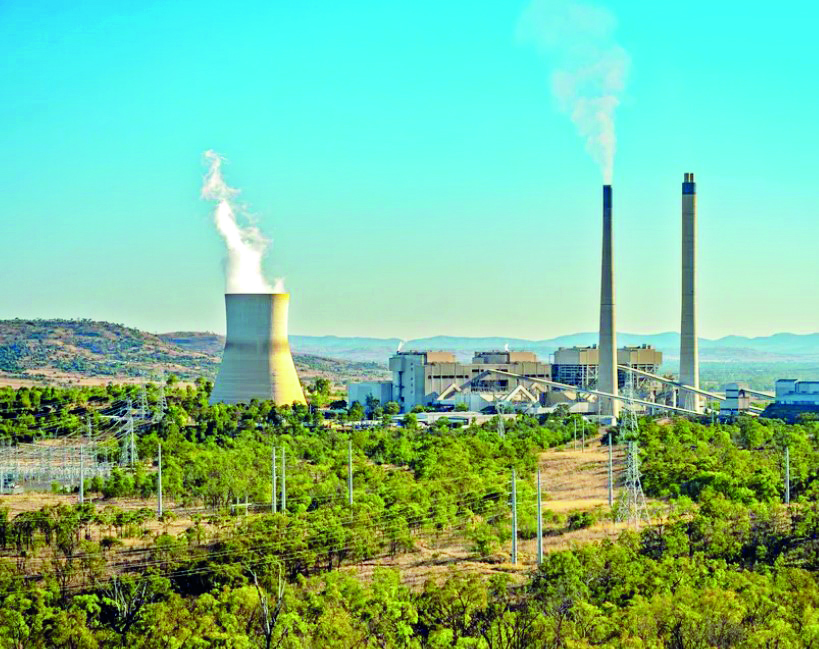Pacific nations say Australia must end new fossil fuel projects

Townsville: This week, one of the world’s largest fossil fuel exporters went to a meeting of island states strongly affected by human-induced climate change.
Or, in more conventional language, Australian leaders attended the annual Pacific Islands Forum in Tonga.
Since 1971, this forum has been the top diplomatic meeting for Pacific nations, including Australia and New Zealand. Security was on the agenda this year, against a backdrop of geopolitical manoeuvring and unrest in New Caledonia. But one issue made its presence felt above all else: climate change.
At the forum’s opening, United Nations Secretary-General Antonio Guterres made that clear: There is an enormous injustice in relation to the Pacific and it’s the reason I am here […] The small islands don’t contribute to climate change but everything that happens because of climate change is multiplied here.
Australia is walking a difficult line at the summit. Pointing to our domestic green energy progress isn’t enough. Our neighbours are focused on Australia’s emergence as the world’s second largest exporter of fossil fuel emissions and steady opening of more gas and coal fields. Even as Australia’s climate and migration pact with Tuvalu came into effect, Tuvalu’s climate change minister, Maina Talia, called for an end to the “immoral and unacceptable” acts of opening new mines, continuing fossil fuel subsidies and exporting fossil fuels.
Australian leaders hope to co-host the world’s top climate talks in 2026 in partnership with Pacific Island nations. While some Pacific leaders are opposed to co-hosting without an Australian pledge to end new goal and gas projects, others see it as a way Australia can show it is truly part of the “Pacific family”.
What happened at the forum?
A big-ticket item at this year’s forum was the Falepili Union, a pact between Australia and Tuvalu signed last year and coming into effect at the forum. Minister for International Development and the Pacific, Pat Conroy, claimed it was the most significant agreement between Australia and one of its Pacific partners since the agreements for Papua New Guinea’s independence in 1975.
The pact allows 280 Tuvaluans a year to move to Australia, whilst committing Australia to funding climate adaptation work and disaster response efforts on the islands. Significantly, the treaty also states Australia will recognise the statehood of Tuvalu — even if it were to be submerged due to climate change.
In return, Tuvalu and Australia will agree “together” on any arrangements involving Tuvalu’s security or defence. Effectively, this gives Australia the extraordinary ability to block any actions of Tuvalu it feels do not serve its regional interests. This is significant, as China seeks to expand its influence in the Pacific.
At the leaders forum on Thursday, the joint bid to host the 31st United Nations climate conference is expected to be discussed. It’s not guaranteed, as Türkiye has also put in a bid. Pacific leaders have made it clear they will push hard for Australia to go beyond efforts to cut local emissions.



